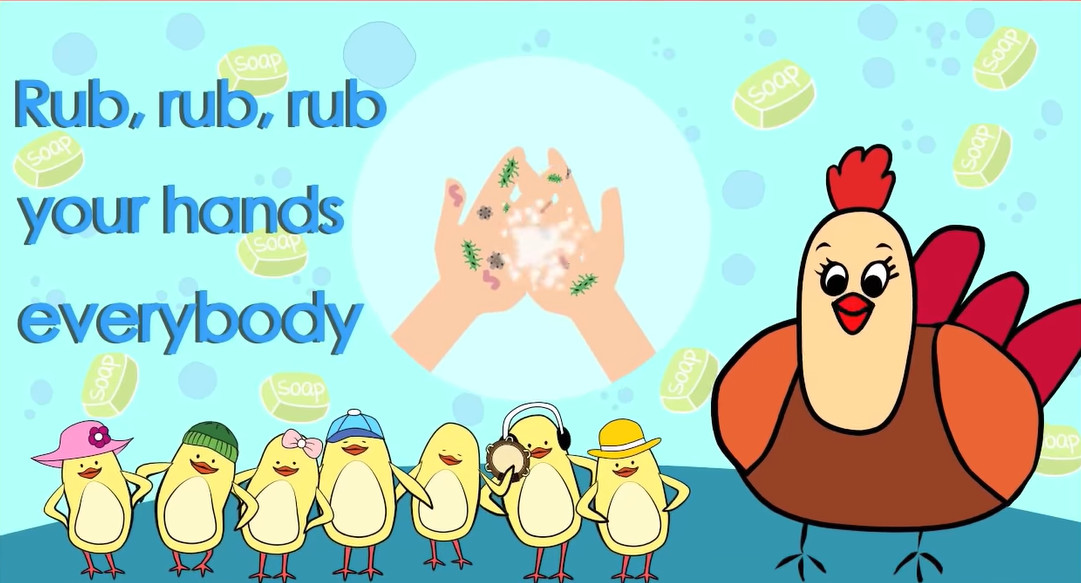Is washing hands before eating commonsense or tradition? ~ Cross reference of Mark 7:6 to Isaiah 29:13
Both Matthew & Mark have this event documented where the "evil Pharisees" ask Jesus why his disciples eat without washing their hands.
Jesus pushes back on the Pharisees that they are focused on tradition and are ignoring the law of G-d. He then goes onto to call out how the Pharisees were using a tradition to refuse supporting their parents.
Let us see if what Jesus was talking about is tradition or a law.
All Images are links to Google Images. Copyright violations not intended.
All Greek Text references are from NIV and Tanakh references are from Chabad.
This post is not intended to offend anyone's faith but for those people who are Seeking the truth of THE ONE TRUE G-D of the universe to who we owe all our love, gratitude & devotion.
My encouragement to you is that you read the whole chapter of Tanakh that the Greek text quotes so you get the context and understand what G-d actually said.
G-d Bless and Seek THE Truth.
Mark 7:5 So the Pharisees and teachers of the law asked Jesus, “Why don’t your disciples live according to the tradition of the elders instead of eating their food with defiled hands?” 6 He replied, “Isaiah was right when he prophesied about you hypocrites; as it is written: “‘These people honor me with their lips, but their hearts are far from me. 7 They worship me in vain; their teachings are merely human rules.’ 8 You have let go of the commands of God and are holding on to human traditions.”
Isaiah 29:13 And the Lord said: "Because this people has come near; with their mouth and with their lips they honor Me, but their heart they draw far away from Me, and their fear of Me has become a command of people, which has been taught.
- I am a lost why Jesus said corban is tradition. Corban is a vow that a person makes to G-d out of joy or a need that he has. He must fulfill the vow. This is not a tradition.
- Numbers 30:2 When a man makes a vow to the Lord or takes an oath to obligate himself by a pledge, he must not break his word but must do everything he said. Deuteronomy 23:21 If you make a vow to the Lord your God, do not be slow to pay it, for the Lord your God will certainly demand it of you and you will be guilty of sin.
- In Torah you will find that there are 70+ places where G-d talks about the various types of vows and how they need to be fulfilled. In Tanakh G-d says that it is better for a person not to vow than for the person to vow and not fulfil his vow.
- Jesus's assertion that sons were pledging to G-d and using that as an excuse to tell their parents they cannot take care of them is a bit of an exaggeration as
- People knew that they have to fulfill the vow they make else G-d will punish them.
- A person should not make a vow he cannot fulfill, but this could happen sometimes when the person suddenly loses his wealth due to theft, bad harvest, animals dying etc.
- Torah handles cases when the a poor person poor makes a vow, and is unable to fulfill it, they need come to the kohen and he will evaluate the person's situation and will fix the amount he needs to offer to redeem himself from the vow
- Leviticus 27:8 If anyone making the vow is too poor to pay the specified amount, the person being dedicated is to be presented to the priest, who will set the value according to what the one making the vow can afford.
- The vow is between the person and G-d and when the person is not able to fulfill his vow he goes to the kohen not the rabbi / Pharisee. Jesus saying that the Pharisees were using "tradition" to "prevent" a person from taking care of his parents does not arise.
- It is not right on the part of the person not to make provisions to take care of his parents before making the vow to G-d. Even if this was happening in one off cases, I think the vow to G-d comes first.


Comments
Post a Comment